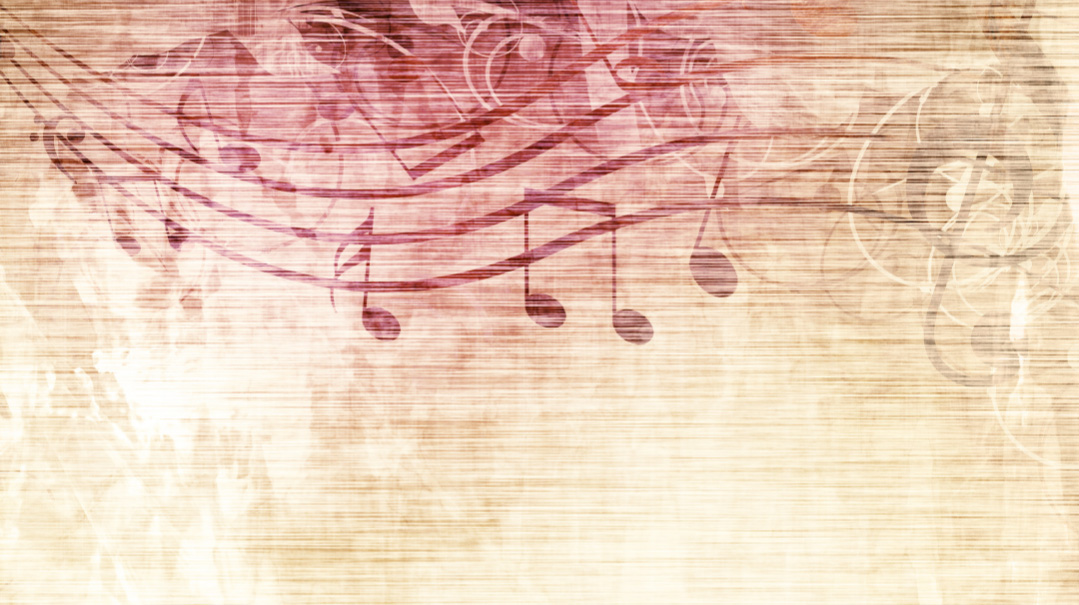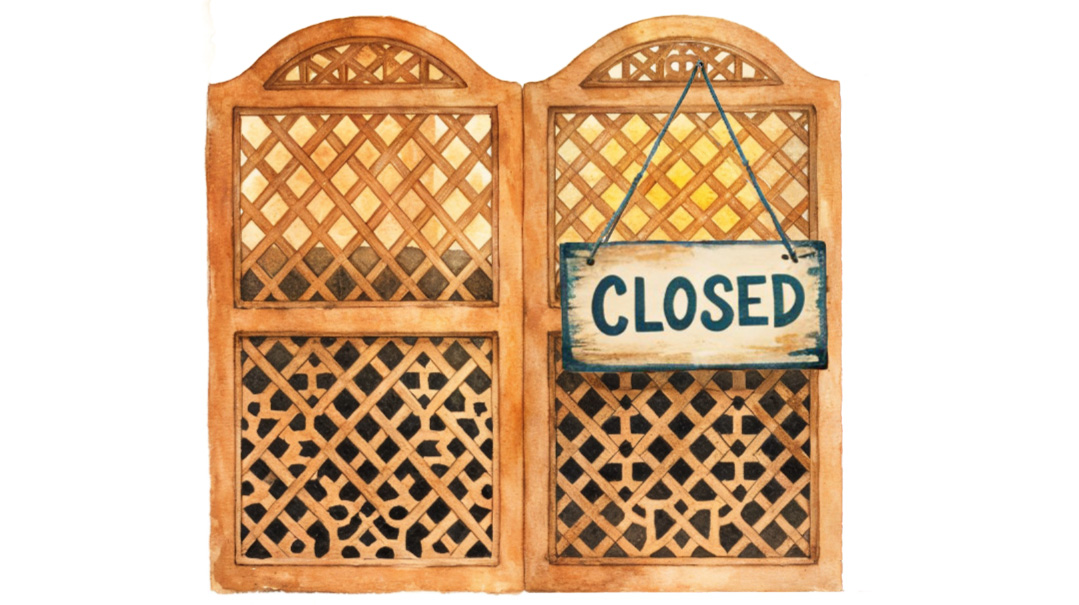Daddy’s Song

Daddy’s approach to leading the Seder seemed equal parts careful planning and heartfelt winging it

A few months after I got married, my father was niftar, and along with him went our family Pesach Seder.
Mommy gave away most of the Haggados. My husband and I would go to his parents, my sisters went to their in-laws, and my older brother would make his own Seder and host my mother and grandparents.
Aside from the few years we’d gone to a hotel in Miami, my parents had hosted a grand Pesach Seder every year for decades. We’d had grandparents, aunts, uncles, cousins, and friends gracing our table. Friends would bring cousins and cousins would bring coworkers.
As a baal teshuvah with no minhagim of his own, my father tried so hard to make the Seder meaningful, and his Haggadah held dozens of handwritten papers along with printed sheets of divrei Torah he’d collected over time.
Daddy’s approach to leading the Seder seemed equal parts careful planning and heartfelt winging it. Some years we all got up to wash for Urchatz, other years only Daddy did. Parts of Nirtzah we just read through because no one knew the tune.
But he led the Seder like an orchestra conductor, calling on one person to read in Hebrew, motioning the next one to read in English. Daddy was in no rush and wanted to hear every single question in the Pesach booklets we brought home from school. Some of our company was less interested, but so long as we had Daddy’s attention, we took our time.
My father sat at the head of the table; my brothers next to him. My mother would sit in the middle, and my sisters and I at the other end. In between helping the silver-haired aunts to follow along, we’d get up to help my mother in the kitchen. Every year I tried to keep a straight face when Uncle Stan said, “Hasheem took us out of Egypt.”
The highlight of the Seder was “Ki Lo Nu’eh,” which we’d sing during Nirtzah. We sang proudly, with the Galician pronunciation my father had learned from his European grandparents. He led all of us — the cousins, the friends, the cousins’ friends — in song, unabashedly pronouncing the “uhs” as “oohs” and the “oohs” as “ees.” Never mind that our family leaned more toward Modern Orthodox than chassidish. This was our minhag — our only one — and we’d hold on to it tightly.
But after Daddy passed away, that was the end of the family Sedorim, and for years we sat at my in-laws’ Seder. My mother-in-law would carefully set the table with her gleaming Pesach silver and porcelain plates, my father-in-law would sit regally at the head of the table, and my kids would cheerfully sing along to old family niggunim.
I was very happy to be there, I really was. But every year, when we got to Nirtzah, I’d think wistfully of Daddy and the Pesachs of long ago. I’d remember his old song, the haunting tune that once connected us all to something much older than ourselves.
My husband knew the significance I attached to our family’s song and generously offered to sing “Ki Lo Nu’eh” in my family’s tune, even though we were at his parents’ Seder, but I demurred. It would be out of place, too folky. The song was meaningful to me, but it was part of the past, a tiny part of an enormous loss.
One night, while putting my babies to sleep, I’d exhausted every song I knew and the kids were still rolling around, kicking their blankets and asking me to sing more songs. Somehow, Daddy’s “Ki Lo Nu’eh” came to mind. I sang it the way Daddy had, only much slower, so it became a lullaby of sorts, and we sing it all year-round now.
My children will never know my father, but I can teach them his song and try to give over his spirit.
(Originally featured in Family First, Issue 789)
Oops! We could not locate your form.







